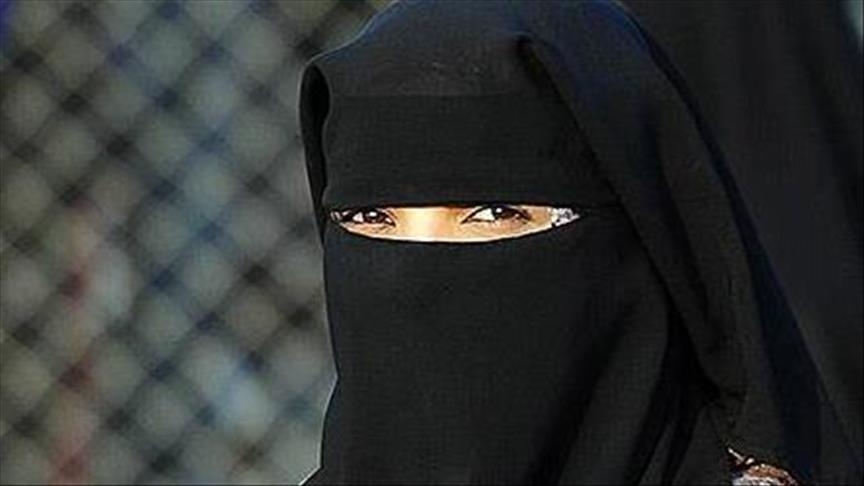
Possible factors that won Modi second term in India
Rhetoric on nationalism plus schemes for poor helped Modi cruise through anti-incumbency
By Iftikhar Gilani
ANKARA (AA) - Cruising through farm distress, low economic indicators, joblessness and anxiety among minorities, the 2019 electoral victory of Indian Prime Minister Narendra Modi-led National Democratic Alliance [NDA] is a rare occurrence in the country when an incumbent won a second term with a majority.
The main opposition Congress which was riding high on its recent provincial assembly poll successes and a grand alliance of the Samajwadi Party (SP) and Bahujan Samaj Party (BSP) in India’s electorally significant province of Uttar Pradesh [UP] have failed to prevent Modi’s juggernaut. Modi’s own Bharatiya Janata Party [BJP], part of NDA, has passed the half-way mark necessary to claim power.
The state of economy, joblessness and farm distress had given Modi’s adversaries reasons to smile. But the BJP’s campaign around nationalism and a strong image of Modi, who responded with airstrikes in Pakistan in the wake of attack on Indian soldiers in Kashmir and supplemented with benefits to the poor -- housing, toilets, gas cylinders, rural electrification ultimately helped it to cruise through the anti-incumbency. It appears that a direct income assistance of Rs 6,000 [$85] for farmers in the last budget, succeeded to tackle agrarian distress and rural anger to a large extent.
Decoding Modi’s victory, noted political commentator Shekhar Gupta believes that a consolidation of upper caste Hindus across the country did help the ruling party to counter the consolidation of Muslims and other castes.
“They [upper castes] see in Modi’s BJP a force not just for Hindutva [Hindu nationalism], but they fear the minorities and the less meritorious lower castes will take away jobs because of their voting power. This new vote bank is as cohesive as, say, the Muslims are when they vote against the BJP,” he said.
Further, schemes like building toilets, providing cooking gas connections, housing, rural electrification and banking access to power had reached to large recipients. A news website The Print had reported recently that 48.1 million people received Mudra loans -- meant for the non-corporate, non-farm small and micro enterprises.
“The poor neither understand nor bother about whether the GDP is up or down, till they get benefits on ground,” he said.
More so, unlike the opposition Congress, the ruling BJP stitched formidable alliance all over country. It cobbled together 40 parties and also succeeded in bringing in estranged partners like Shiv Sena and Asom Gana Parishad, who were critical of Modi over the years.
Alliances need sacrifices and BJP has shown the way by sacrificing its ministers and sitting MPs to concede seats to its allies.
Instead of preventing BJP march, the Congress concentrated on re-claiming its lost ground by going to the polls alone in major provinces. Its leaders saw secular regional parties as stumbling blocks in the way of party’s nationwide recovery.
“They have eaten into our vote base, making us non-existent in provinces like West Bengal, Bihar, UP and Tamil Nadu,” a senior Congress leader said, when asked about the reluctance of his party to stitch alliances.
Many opposition leaders asked the Congress to emulate a Bihar-type grand alliance at the national level by sacrificing ego. Tactically, they had asked the party to focus on west India, including Madhya Pradesh and Chhattisgarh and leave eastern India, basically UP and Bihar, to regional parties to contain the BJP-led NDA.
But in the words of Rasheed Kidwai, a veteran writer on Congress affairs, the party’s 2019 story is bad and muddled. Even though Congress continued to be a central column for any secular formation, it had no clarity on alliances.
In addition to Congress President Rahul Gandhi’s inexperience, India’s grand old party -- Congress lacked in self-belief and ability to communicate and connect, even though it has produced a really sound manifesto. But then Indian elections are not contested on manifestos alone.
Kaynak:![]()
This news has been read 352 times in total









Türkçe karakter kullanılmayan ve büyük harflerle yazılmış yorumlar onaylanmamaktadır.